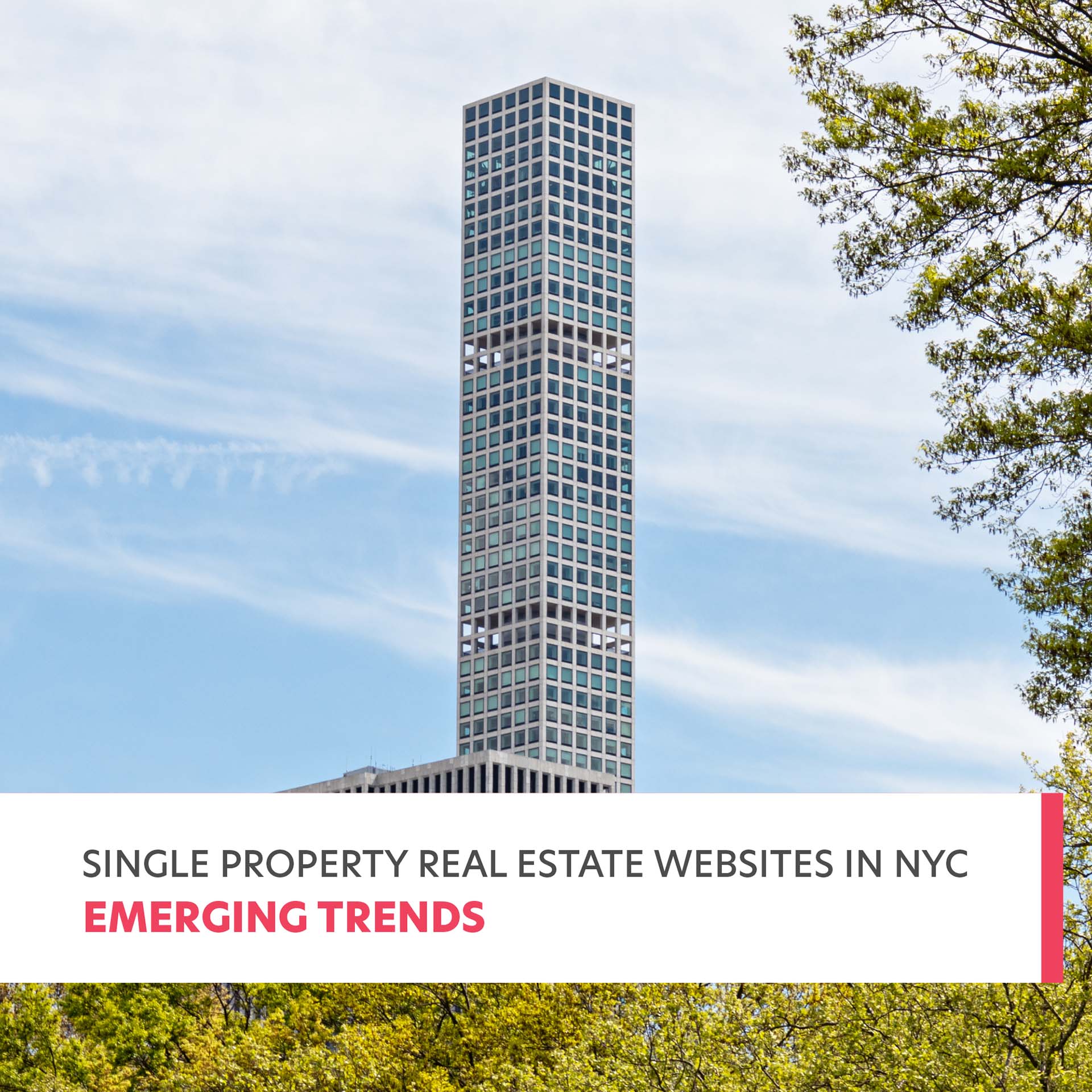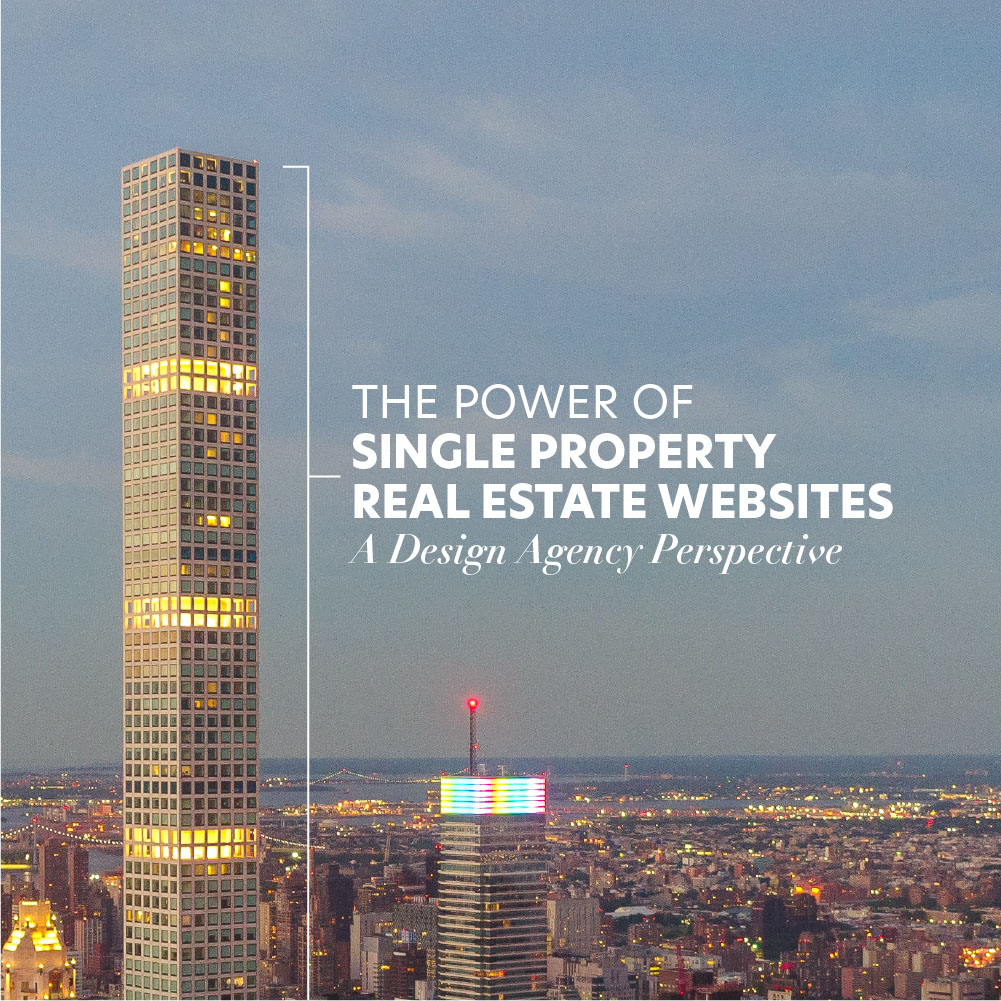Architectural Motion Graphics
Written by:
Zane Huggins
Follow along with this ongoing exploration of real estate and architectural motion graphics designed to bring properties to life in various visual styles.
Architectural Motion Graphics
The Empire State Building
This was my first approach to designing an architectural motion graphic of a famous landmark. I learned to use a lot of useful tools in After Effects to streamline this process. For instance, I used the Repeater tool and keyframed the number of copies to create the climbing window effect. This eliminated the tedious work of copying and pasting hundreds of squares and creating transparency keyframes!
UPDATE March 10, 2023:
As I continued trying new animation styles on the buildings I decided to push this specific motion graphic to transition into a full-color Art Deco poster-style scene that captures the essence of the era in which the building was constructed—giving an old style a modern twist. I will likely be updating to add more details to the background skyline silhouettes, adding in water towers, chimneys, and perhaps a few windows.
One World Trade Center, Mar 7, 2023
The second landmark I chose for this exploration is One World Trade Center. This incredible skyscraper is the tallest building in North America. I took the same approach to design this motion graphic as I did with the Empire State Building, although architectural simplicity of this building may not have translated as well as with the Empire State Building, where there were many layers to utilize to simulate depth.
The Chrysler Building, Mar 15, 2023
I took a different approach to the Chrysler Building’s motion graphic, utilizing 3D shapes, lighting, and camera layers in After Effects to give the animation a greater sense of depth. While adhering to the foundational style of the other explorations, this one sees the building expanding in a 3D space before zooming in and rotating in front of an abstract Art Deco-style motif reminiscent of the triangular shapes on the top of the building.
111 West 57th St., Mar 20, 2023
Known as one of the “Billionaire’s Row” towers, this tall, slender skyscraper overlooks Central Park in New York City. We approached this design similarly to our Chrysler Building motion graphic, using 3D layers in After Effects to depict the building rotating as it assembles itself to the sky.
111 West 57th St., Updated Mar 22, 2023
In this update, I have finished the top section of the skyscraper and have begun working on the ground-level features of the building. I also darkened the outlines as they were a bit too light on the previous rendering. My next steps will involve building out some of the surrounding buildings and a view of Central Park in the background.
111 West 57th St., Updated Mar 29, 2023
This update features other buildings on the block around 111 West 57th St. Each of these buildings were created using 3D layers in After Effects, just as all of the previous iterations, then being precomposed and set as a child object to a parent Null Object.
Related Blog Posts

Introduction The New York City real estate industry represents one of the most vibrant and competitive markets globally, characterized by diverse property types, iconic landmarks, and dynamic economic factors, driving…

Single Property Websites: Our Favorite Five We recently shared a list of single property websites that serve as powerful tools for agencies to lease their buildings. Since then, we have…

